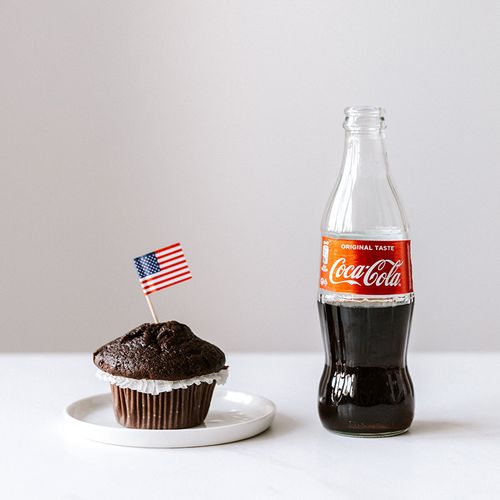A bottle of Gatorade sounded like the perfect thirst quencher to 15-year-old Sarah Kavanagh on a hot, humid day in her Mississippi hometown. But this teenager, a committed label-reader, was surprised to learn from an Internet search that the popular sports drink contained brominated vegetable oil, an ingredient that comes with a long list of possible side effects, including changes in thyroid hormones and function and neurological disorders.
The additive, used in some citrus-flavored drinks to keep the fruit flavoring evenly distributed, does not sound ominoushow bad could it be with "vegetable" in the name? But Kavanagh, whose story was told in The New York Times, had done her research and started a petition to convince Gatorade-maker PepsiCo to change the drink's formulation.
Here are other food additives (some even healthy-sounding) that are bad for us-along with some scary-sounding additives that are good for us…
Additives To Avoid
- Cottonseed oil. Made from the seeds of the cotton plant, cottonseed oil is used to thicken food or add texture. Cottonseed oil is found in many fried snack foods, especially potato chips, as well as in salad oil, sauces, marinades and baked goods.
Some individuals are allergic to cottonseed oil. Cotton crops also tend to be genetically modified and grown with high levels of pesticides.
- Diacetyl. This additive, which provides a buttery aroma and flavor, is most often found in microwave popcorn. And its pairing with hydrogenated fats, also typically found in microwave popcorn, equals an extremely unhealthy combination that increases LDL "bad" cholesterol and lowers HDL "good" cholesterol.
*To research potential health risks of food additives, consult the Web site of the Center for Science in the Public Interest, www.cspinet.org.
In addition, a preliminary 2012 lab study suggests that consuming diacetyl may worsen the effects of beta-amyloid accumulation, a hallmark of Alzheimer's disease.
- Hydrolyzed vegetable protein. This meatytasting flavor enhancer, classified as a "natural flavoring" on some labels and used in soups, meats, sauces and stews, often masks the presence of monosodium glutamate (MSG). Found in many canned, packaged and prepared foods, MSG is known to trigger headaches and may lead to weight gain.
MSG is sometimes also a hidden source of wheat, which should be avoided by people who are sensitive to gluten, a protein found in wheat, barley and rye.
- Potassium bromate. Potassium alone is an essential mineral for health, but potassium bromate (found in bromated flour) has been linked to cancer in lab animals. The threat is strong enough to have prompted all European countries as well as Canada and China to ban bromated flour, an additive that helps dough rise. In the US, the FDA has stopped short of such a measure, instead only encouraging commercial bakers to voluntarily stop using it.
Many national manufacturers of baked goods, such as Arnold and Pepperidge Farm, switched to nonbromated flours years ago, but others have not. Check the label.
Additives That Are Safe
- Alginate. It may sound like it comes from algae, but seaweed is the source of this additive, which serves as a thickener in jellies, salad dressings, custards, ice cream and soups. Its ability to trap cholesterol in its gel-like structure may lower cholesterol, and some studies suggest it also can help us feel full.
- Canthaxanthin. Healthful food colorings are difficult to find, but this orange-red pigment—found in crustaceans, fish and mushrooms—is an antioxidant. Canthaxanthin is sometimes added to fruit spreads, syrups and drinks and may have benefits similar to those found in other antioxidants such as beta-carotene.
- Dioctyl sodium sulfosuccinate. This food stabilizer and thickener is known for its stoolsoftening and laxative properties. The white, waxy solid, which is added to dairy-based cheeses, beverages and sauces, has been researched extensively in animal studies and is considered essentially nontoxic.
- Fructo-oligosaccharides (FOS). Just trying to pronounce this additive scares some people away, but don't let it deter you if you spot it on a food label. FOS are plant sugars derived from such healthful foods as asparagus and Jerusalem artichokes.
FOS, typically added to certain dairy products such as some yogurts and ice cream, act as healthful "prebiotics," which promote the production of "good" bacteria in your gut.
